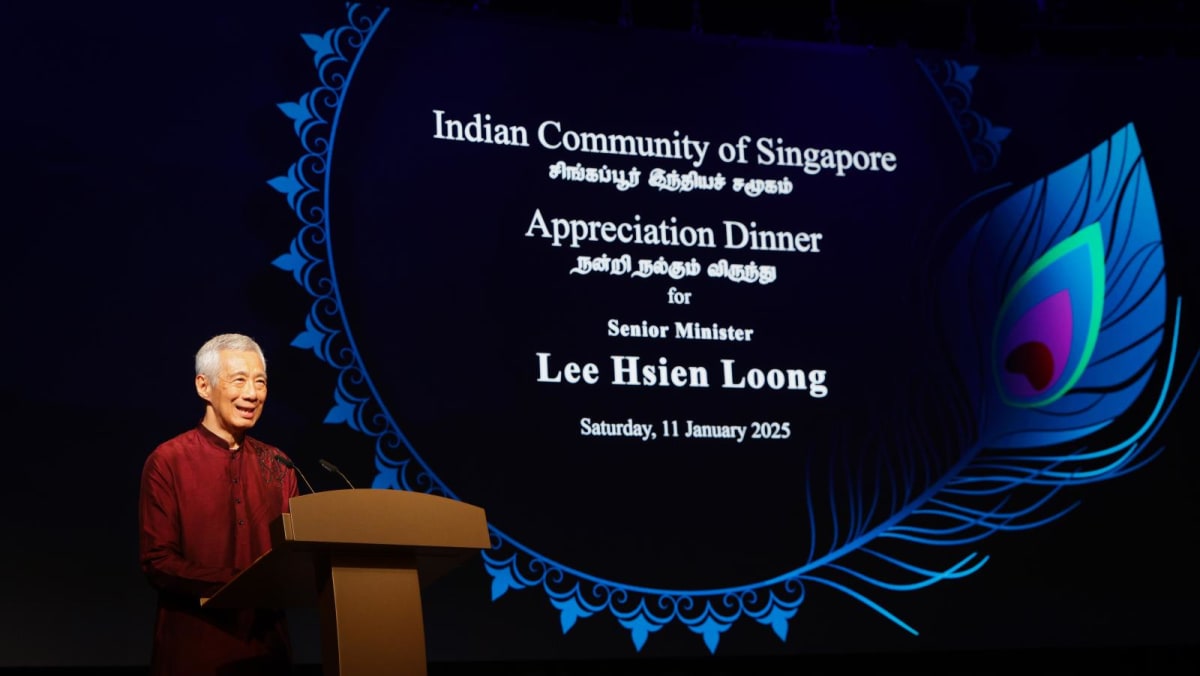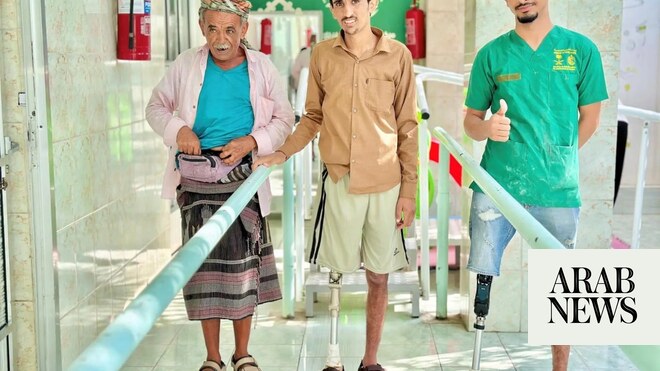SINGAPORE: Singapore should help immigrants and foreign workers adapt to the country’s social norms to build a cohesive and inclusive society, said Senior Minister Lee Hsien Loong on Saturday (Jan 11).
Speaking at an appreciation dinner held in his honour by organisations from Singapore’s Indian community, Mr Lee noted that the issue of immigrants and foreign workers raises “political sensitivities in many societies”.
However, “Singapore relies heavily on them to top up (its) population base and talent pool”, he said.
“Therefore, we must manage the inflow and integration of new arrivals with the utmost sensitivity and caution, to ensure that the flows are balanced and sustainable,” he added.
Mr Lee said that Singapore must, however, “also stand firmly against nativism and xenophobia, and welcome the new arrivals to become part of (its) extended family”.
“We should help them to adapt progressively to the way we do things in Singapore, to our social norms and ethos,” he said.
“It is an ongoing process. But gradually, with the passage of the years and generations, the new arrivals will integrate into the local community.
Mr Lee added: “This is how earlier generations became Indian Singaporeans, and it will happen with this generation, and with new arrivals from other groups and places too.”
Mr Lee said that this will enable Singaporeans to “sustain and enrich” their shared identity.
“This is the way to build a cohesive, inclusive society – connected to the world, strengthened and not divided by our diversity,” he said.
Mr Lee made the remarks after reflecting on how people of Indian origin had “formed part of the Singapore story since the earliest days of modern Singapore”.
“Migrants from many parts of the Indian subcontinent – including Tamils, Malayalees, Telugus, Sindhis, Punjabis, Bengalis, and Sinhalese – came here in search of a better future,” he said.
“These different groups sank roots here, formed bonds with one another, and out of this kaleidoscope of backgrounds, there gradually emerged a distinctive and proud Singaporean Indian community,” he added.
He said that while the Singaporean Indian community might be small, its impact and contributions have been “far from small”.
“The community has played a full role in Singaporean society, and worked with the other communities to contribute in many ways,” he said.
“And this shows the success of our multiracial model that has created full and equal opportunities, a harmonious society and better lives for all, including the minority communities.”
Mr Lee had also highlighted that many volunteers from Singapore’s Indian community had moved to the country recently.
“Some have become (permanent residents) or citizens, and made Singapore their home. Others are still deepening their roots here. Still others are here temporarily, working, studying or accompanying family,” he said.
“Regardless, they recognise (volunteering) as a worthy cause, and willingly step up to volunteer, and should be applauded.”
Mr Lee said that these individuals came “from a wider range of backgrounds and places than earlier generations of Indian immigrants” and brought with them “their diverse experiences and expertise”.
“They add to the vibrancy and dynamism of our Indian culture, and thus they are contributing to the community, and to Singapore,” he said.






